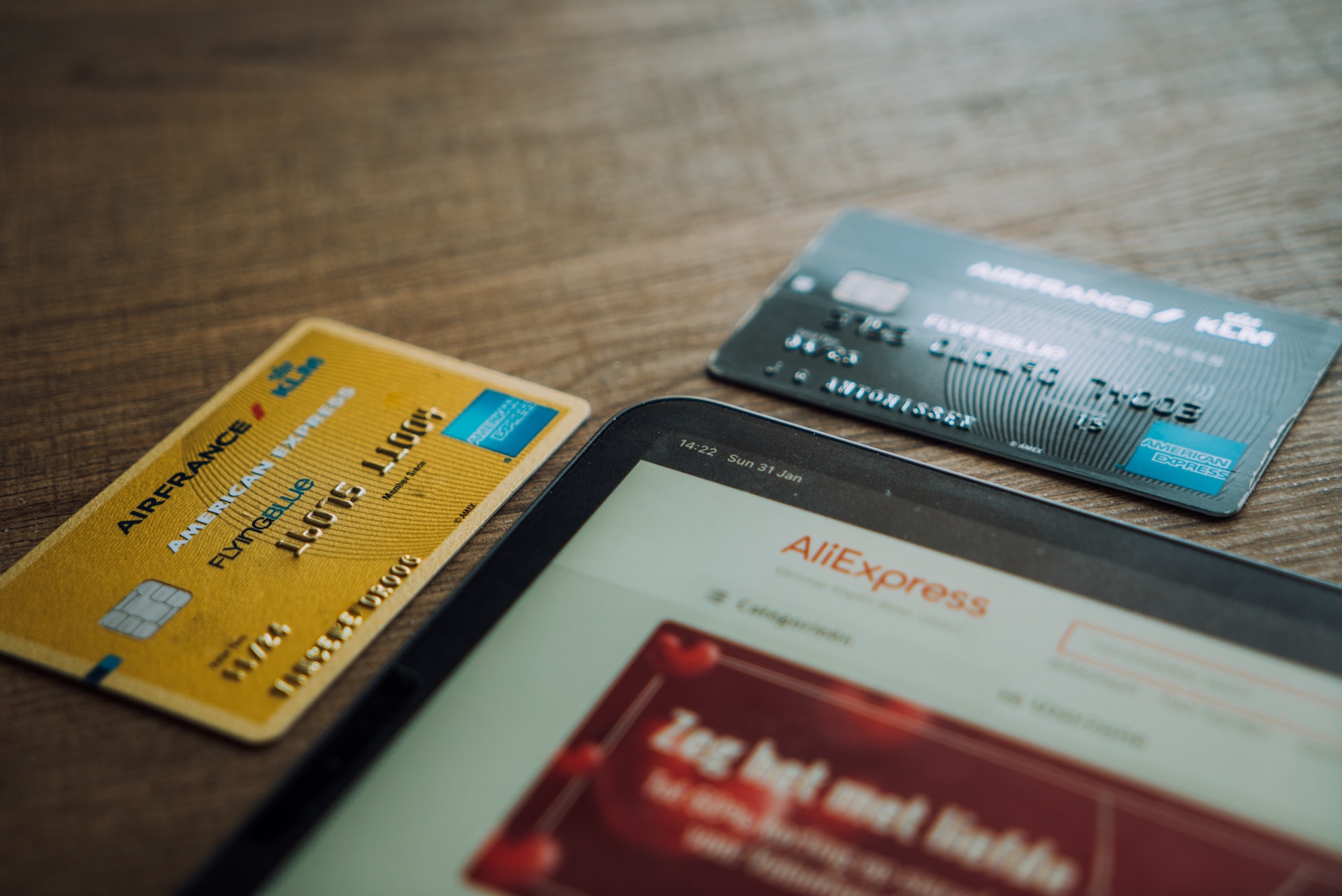Credit Cards: A Valuable Financial Tool
We all encounter situations where our monthly expenses seem to outweigh our income, leaving us in a challenging financial position until the next paycheck arrives. In such circumstances, credit cards can provide a way to bridge the gap. Like any financial tool, credit cards come with their own set of advantages and disadvantages. On the positive side, credit cards enable us to make purchases we might otherwise be unable to afford. However, it’s important to note that the amount we need to pay back often exceeds the actual amount spent.
Understanding the responsible use of credit cards is key to avoiding financial difficulties. Moreover, when used wisely, credit cards can actually benefit us beyond immediate purchasing power. They can help establish and improve our credit rating, which plays a crucial role in obtaining loans and other forms of credit. As young adults begin their financial journey, obtaining a low-limit credit card and managing it responsibly can lay the foundation for a solid credit history.
Mastering Credit Card Basics
To effectively manage credit cards, it’s essential to grasp the fundamentals of how they work. When you apply for a credit card and are approved, you’ll be assigned a credit limit that you must not exceed. Responsible financial behavior, such as paying on time and maintaining a controlled spending pattern, can lead to credit card companies increasing your limit over time. Additionally, you’ll find the annual percentage rate (APR) listed in the terms and conditions, indicating the interest rate you’ll be charged. Carefully reviewing the fine print is important since credit card companies may initially offer a low APR, only to raise it significantly after a specific period.
Navigating Interest Rates and Payments
Credit cards operate differently than traditional loans when it comes to interest calculations. Typically, interest on credit cards compounds on a daily basis. This means that a significant portion of your payments goes toward interest rather than reducing the principal balance, particularly if you only make the minimum payment each month. It is strongly recommended to pay as much as you can afford monthly, as sticking to the minimum payment will result in accruing more interest and make it challenging to pay off the card.
Becoming a Responsible Credit Card User
Before applying for a credit card, take time to consider how you intend to use it. Ideally, your goal should be to become what is known as a “convenience user.” This means paying off the balance in full every month. By doing so, you can improve your credit rating and avoid falling into financial difficulties associated with high-interest debt.
In conclusion, credit cards can serve as valuable financial tools when used responsibly. Understanding the pros and cons of credit cards is essential to avoid potential pitfalls. By mastering the basics, navigating interest rates and payments, and adopting responsible credit card usage habits, you can leverage the benefits of credit cards while protecting your financial well-being.

